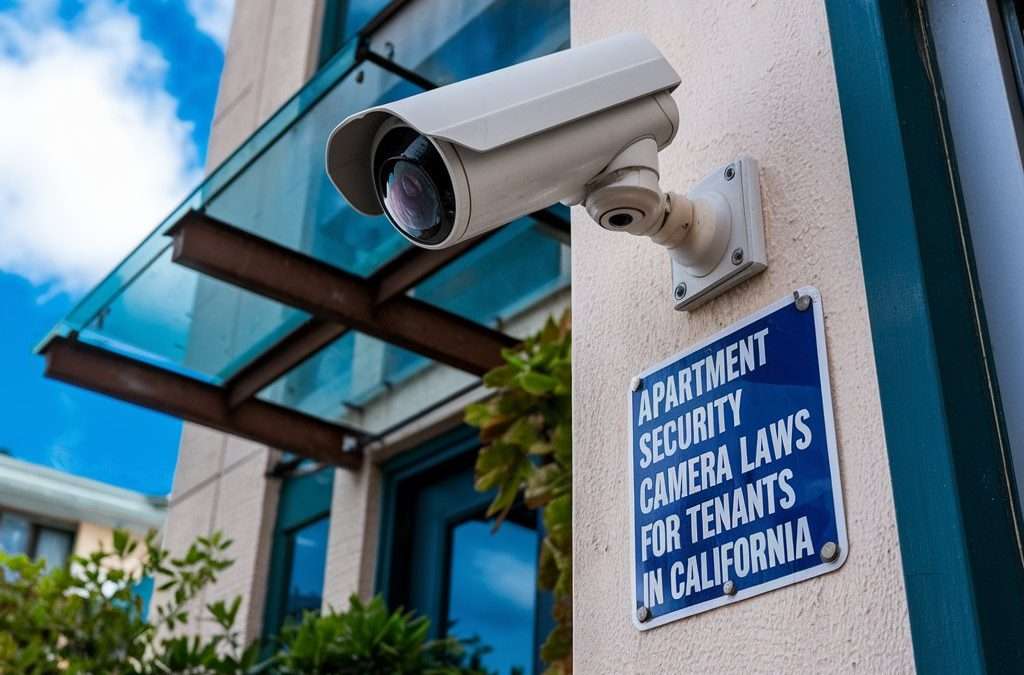As a tenant in California, protecting your safety and privacy is a top priority. Many renters want to install security cameras in their apartments to enhance security. However, apartment security camera laws for tenants in California have specific rules regarding where and how these cameras can be placed. Additionally, landlords also have legal limitations on installing surveillance devices on rental properties.
Understanding California surveillance camera laws can help tenants make informed decisions and avoid potential legal disputes. Can tenants install security cameras inside their units? Can a landlord put cameras outside the house in California? What happens if old tenants leave cameras in dorm rooms or rental spaces? These are critical questions that renters should be aware of.
California has some of the strictest privacy laws in the United States. Under California law, surveillance cameras cannot be used in areas where people have a reasonable expectation of privacy, such as bathrooms and bedrooms. However, certain security measures are allowed in public or semi-public spaces like hallways and entrances.
This guide will provide an in-depth look at apartment security camera laws in California, covering tenant rights, landlord responsibilities, outdoor surveillance rules, and potential legal consequences for violations.
Can Tenants Install Security Cameras in Their Apartment?
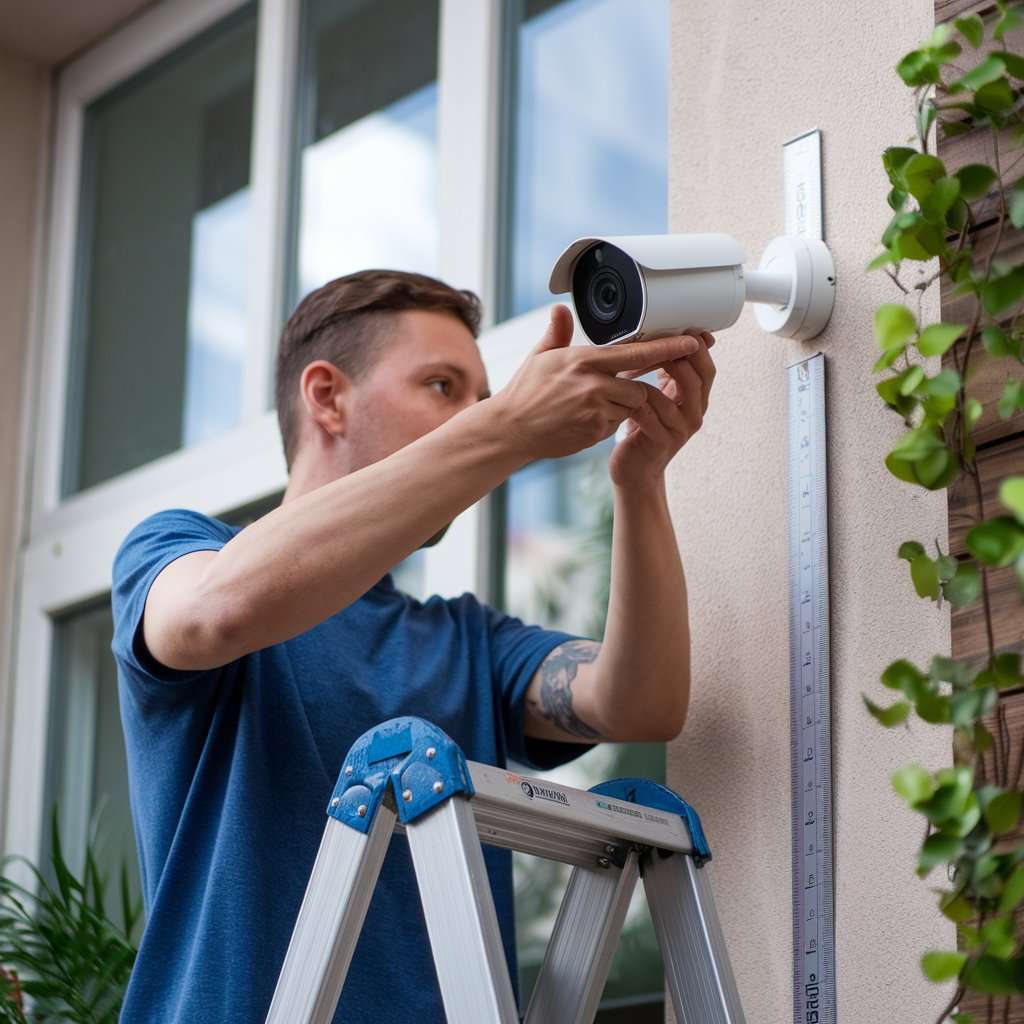
Under California security camera laws, tenants have the right to install security cameras inside their rental unit as long as they follow legal guidelines. Security cameras can provide protection against break-ins, package theft, and unauthorized entry, but they must comply with California law surveillance cameras regulations.
Where Can Tenants Install Security Cameras?
- Inside their apartment (living room, kitchen, etc.).
- At the entrance of their unit, as long as it does not record shared spaces without consent.
- Facing their private property but not directed toward public areas or other tenants’ units.
Where Can Tenants NOT Install Cameras?
- Inside bedrooms or bathrooms where other occupants may expect privacy.
- In shared spaces (hallways, lobbies, staircases) without landlord approval.
- Outside the apartment facing another tenant’s unit without consent.
If old tenants leave cameras in dorm or rental units, new tenants have the right to request removal or disablement if privacy concerns arise.
Landlord Surveillance: What’s Legal and What’s Not?
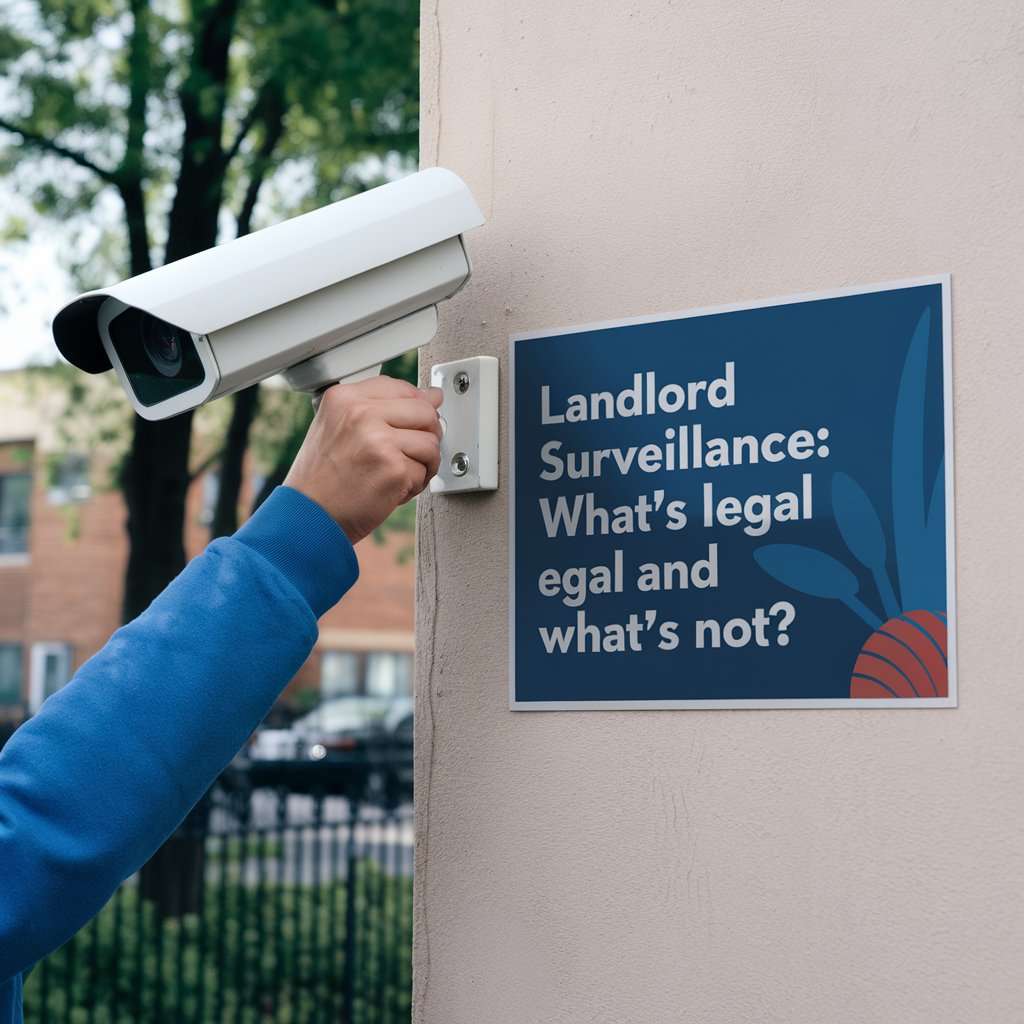
Landlords have the right to install security cameras in apartment complexes, but they must comply with California surveillance camera laws to avoid violating tenant privacy.
Where Can Landlords Legally Install Security Cameras?
- Outside the apartment building (parking lots, entrances, driveways).
- Common areas such as hallways, lobbies, and laundry rooms (but with clear notification).
Where Can Landlords NOT Install Cameras?
- Inside an apartment unit.
- In any area where tenants have a reasonable expectation of privacy (bedrooms, bathrooms).
- Hidden or secret cameras inside the rental property.
If a landlord installs cameras in unauthorized areas, tenants have the right to file a legal complaint under California security camera laws.
Outdoor Security Cameras: Rules and Restrictions
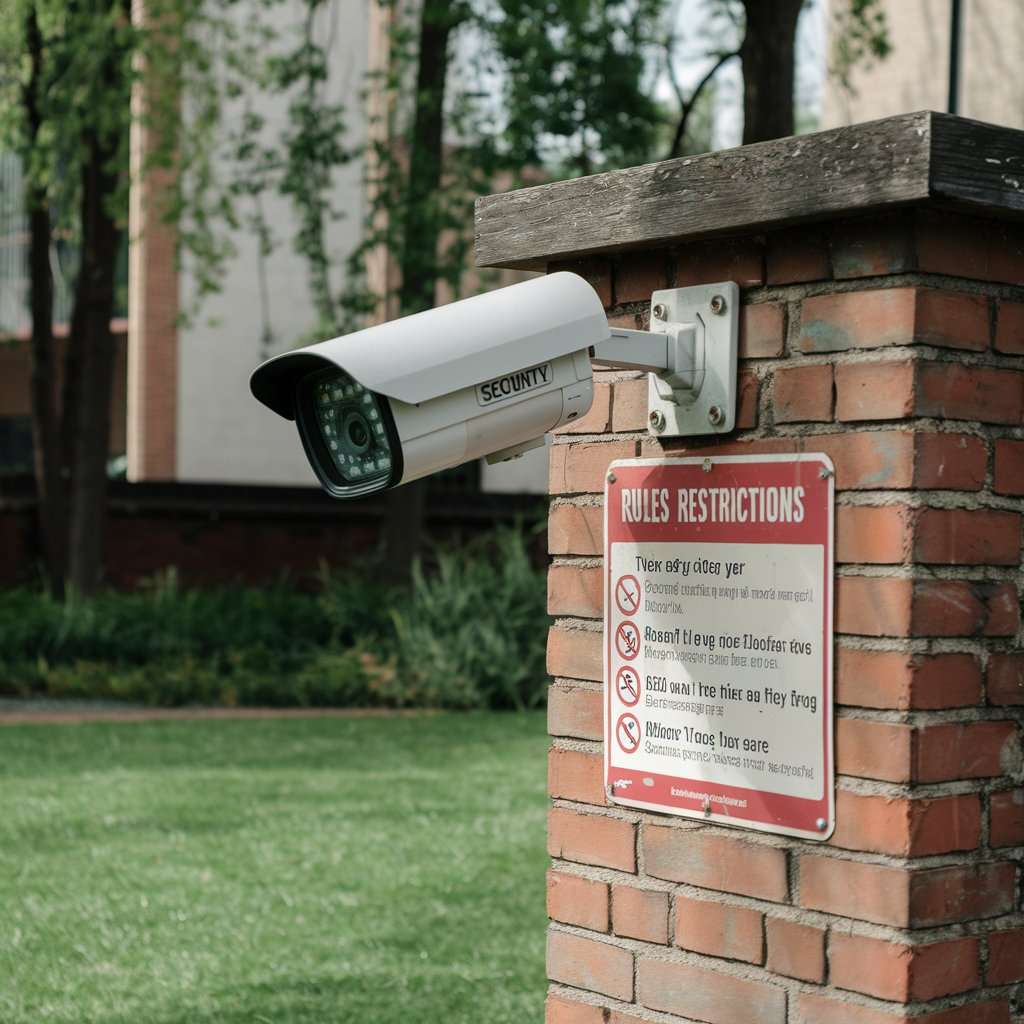
A common concern among tenants is, “Can a landlord put cameras outside the house in California?” The answer is yes, but with restrictions.
Landlords can install outdoor security cameras for property protection, but they cannot:
- Point cameras directly into tenant windows or private patios.
- Use cameras for continuous tenant surveillance.
- Record audio without consent (as per California’s two-party consent law).
Tenants who wish to install outdoor security cameras must ensure they do not infringe on others’ privacy or violate surveillance camera laws in California.
Privacy Laws and Tenant Rights in California
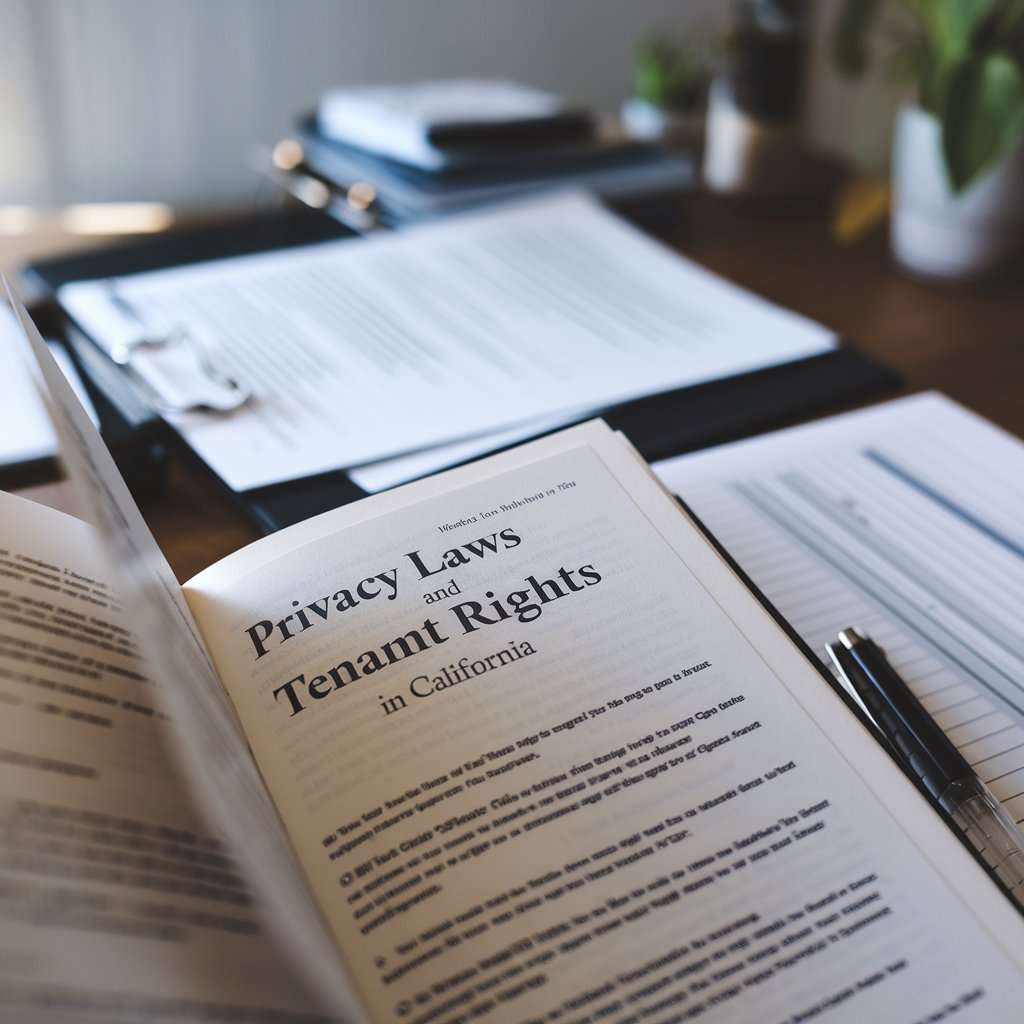
California has strict privacy laws, including the California Invasion of Privacy Act (CIPA), which protects tenants from unlawful surveillance.
Under California security camera laws, tenants have the right to:
- Expect privacy inside their rental unit.
- Challenge unauthorized surveillance from landlords or neighbors.
- Request written disclosure of any cameras installed in shared areas.
If old tenants leave cameras in dorm or rental properties without informing the new tenants, landlords must take action to remove them.
Legal Consequences of Violating Surveillance Camera Laws
Violating apartment security camera laws in California can lead to legal consequences, including:
- Fines and penalties: Landlords or tenants who illegally record others can face fines under California law surveillance cameras regulations.
- Civil lawsuits: Tenants can sue landlords for invasion of privacy if hidden cameras are found.
- Criminal charges: Secretly recording private conversations without consent violates California surveillance camera laws and can lead to criminal prosecution.
To avoid legal trouble, both landlords and tenants must ensure compliance with California security camera laws when installing surveillance devices.
Conclusion
Understanding apartment security camera laws for tenants in California is essential for maintaining both safety and privacy. Tenants can install security cameras inside their unit for protection, but they must adhere to legal guidelines regarding placement and usage. Landlords, on the other hand, can install surveillance cameras in public areas but cannot violate tenant privacy inside rental units.
Before installing a security camera, tenants should review California surveillance camera laws and discuss their options with their landlord. If tenants suspect illegal surveillance, they should take legal action to protect their rights.
By staying informed about California law surveillance cameras, tenants and landlords can create a safer living environment while respecting privacy laws.


